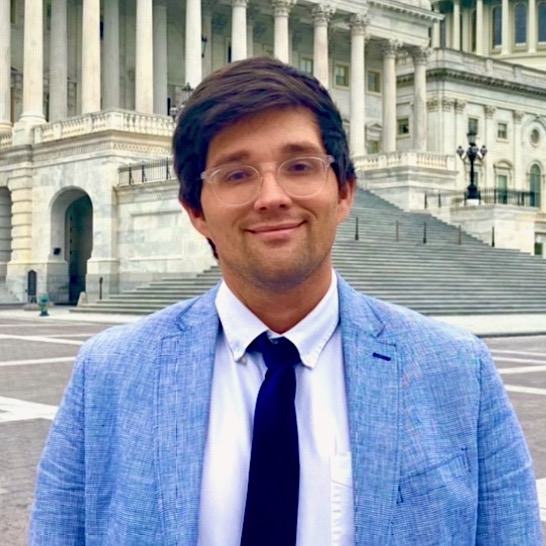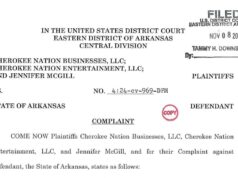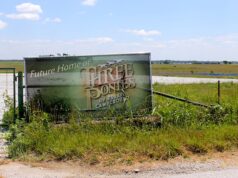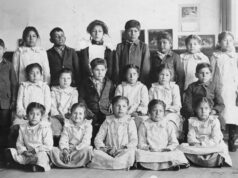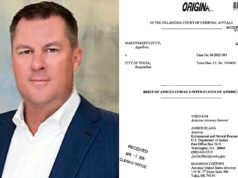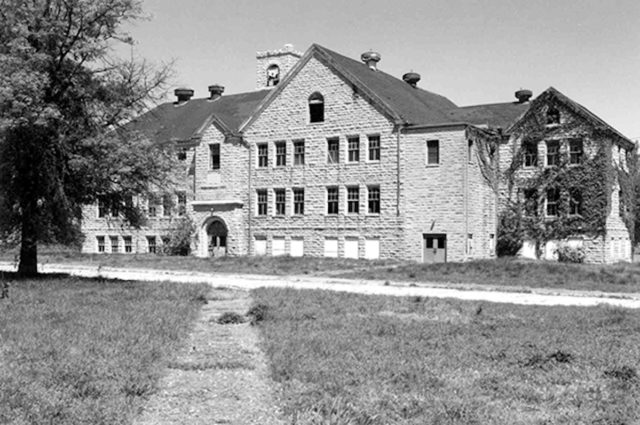
WASHINGTON — Efforts to create a federal commission to explore the legacy of the nation’s Indian Boarding Schools have hit a stumbling block.
Questions about who would have subpoena authority are triggering warnings in a key House subcommittee, as backers hope to advance a bill establishing a Truth and Healing Commission on Indian Boarding Schools. The top Republican on the subcommittee said the bill could lose bipartisan support.
The commission is intended to work parallel to the Department of Interior’s Federal Indian Boarding School Initiative, which released its first report one day before the hearing.
Rep. Tom Cole (R-OK4) is the top co-sponsor of House Resolution 5444, which was reintroduced by Rep. Sharice Davids (D-KS3) on the National Day of Remembrance, Sept. 30, 2021. The bill currently has 57 co-sponsors from both sides of the aisle, including fellow Oklahoman Rep. Markwayne Mullin (R-OK1).
This story was reported by Gaylord News, a Washington reporting project of the Gaylord College of Journalism and Mass Communication at the University of Oklahoma.
Mullin is a citizen of the Cherokee Nation, and Cole is a citizen of the Chickasaw Nation.
“Establishing the Truth and Healing Commission on Indian Boarding School Policy will provide an important step toward resolving and healing from one of our nation’s darkest periods,” Cole said when the bill was reintroduced.
Davids is a citizen of the Ho-Chunk Nation.
“This commission will build off Secretary (Deb) Haaland’s Federal Boarding School Initiative by collecting documents and testimony outside the federal boarding school system,” Davids said.
‘Ensure this history is preserved’
The partisan warnings arose when the subcommittee held a hearing May 12 to provide witness testimony addressing the federally funded policies and assimilation of Native American people and culture by the U.S. federal government.
The hearing centered on testimony from native voices who survived native boarding schools, or are descendants of those who attended the schools.
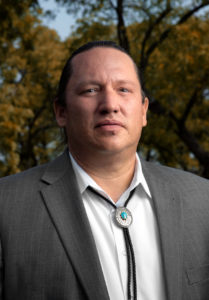
A descendant of boarding school survivors, Shawnee Tribe Chief Ben Barnes told the committee that the would-be commission’s importance is incalculable.
“As time continues to pass, we will lose the testimonies of survivors and more documents will become misplaced,” Barnes said in his testimony. “That is the importance of H.R. 5444. Creating a mandated commission empowered to locate every available record and ensure this history is preserved and made available for examination.”
While bipartisan support exists for an investigation into the individual impact of the policies for assimilation of Native Americans, a lack of agreement exists among supporters of the bill as to the methods and powers available to investigators.
The legislation currently would grant the commission subpoena authority to help obtain the testimony of witnesses and the production of evidence.
Acting ranking Republican Member of the subcommittee Rep. Jay Obernolte (R-CA8) said the inclusion of subpoena authority is a reason for hesitancy.
“So subpoena authority, while it might serve the goal of truth, might be adversarial to the goal of healing,” Obernolte said prior to witness testimony. “And I think that we should have that discussion, because I am not sure that serves the purpose of the commission.”
‘Subpoena power helps grease the wheels’
Since 1989, a total of 160 congressional commissions have been established. Of those, only 12 possess subpoena authority.
Deborah Parker, National Native American Boarding School Healing Coalition CEO and a citizen of the Tulalip Tribes, said subpoena power is needed.
“It’s absolutely necessary,” Parker said. “It’s why we worked with this bill to make sure that this information comes to the boarding school survivors and their families, and tribal nations and organizations who work for the healing and the truth of the Indian boarding school experience.”
Despite hearing Parker’s explanation as to why subpoena authority was necessary, Obernolte continued to voice his concern about the bill granting subpoena authority, doubling down that the use of subpoenas would cause the process to become “adversarial.”
Both Cole and Davids have emphasized that the purpose of the bill is not to elicit an adversarial response. Instead, both stress that the purpose is to provide answers for the individuals, families and communities impacted by federally funded native boarding schools.
“There are people that don’t like the stories, and they’re not going to want to willingly share,” Barnes, the Shawnee Tribe chief, said in an interview following his testimony. “And that subpoena power helps grease the wheels and helps get that information where it needs to be, so those tribal communities can discover the truth of what happened to our kids.”
As the question over subpoena authority for the Truth and Healing Commission continues potentially turns into a partisan issue, Barnes said he remains hopeful that the bill will be passed during the current congressional session.
“I don’t want to wait one more year, one more week, not one more day,” Barnes said. “I think the time to insist upon the answers is now. So, I have to believe this is the time, this is the one, this is the year.”










